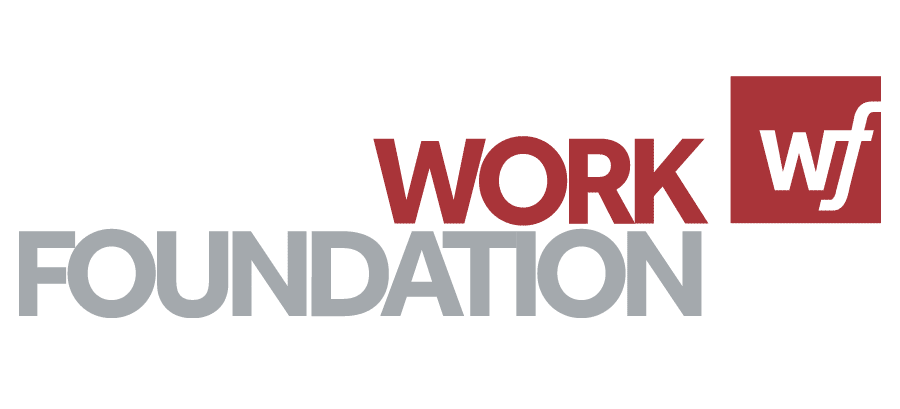Beyond the Office – How remote and hybrid working can help close the disability employment gap
In our interim report we present some of our survey and interview findings on disabled workers’ experiences of remote and hybrid working:
- Working from home had a positive impact on 80% of those in fully remote roles when it came to managing their health. This proportion reduces to 38% for those who work remotely less than half of the time, suggesting that the benefits decline if people are expected to work onsite very regularly
- There is high demand for remote and hybrid working to manage health conditions and impairments, with 85% of disabled workers reporting that access to remote and hybrid work is essential or very important when looking for a new job
- Nearly one in three disabled workers (30%) who are already working in a hybrid way want to spend more of their work time working at home
- Despite increasing demand for remote and hybrid roles, there is an advertising gap, with only one in 26 vacancies (3.8%) on the Department for Work and Pensions Find a Job portal including an option for such work
- Remote and hybrid working is generally experienced as beneficial by disabled workers but there is unequal access to support, understanding and the right type of flexibility.
Amongst our recommendations, the study calls on the Government to:
- Increase the levels and visibility of remote and hybrid working opportunities, including exploring a legal duty to publish flexible working options in job advertisements
- Strengthen disabled workers’ ability to access remote and hybrid work as a reasonable adjustment
- Reform the Department for Work and Pensions Access to Work service to support remote and hybrid workers by improving awareness of the scheme, increasing funding and ensuring awards are passported between employers
- Overhaul the Disability Confident Scheme and align with the proposed Equality (Race and Disability) Bill, including by providing information on disabled worker employment levels and reasonable adjustment rates.
Further findings, including how employers are implementing remote and hybrid working, will be released in June.




